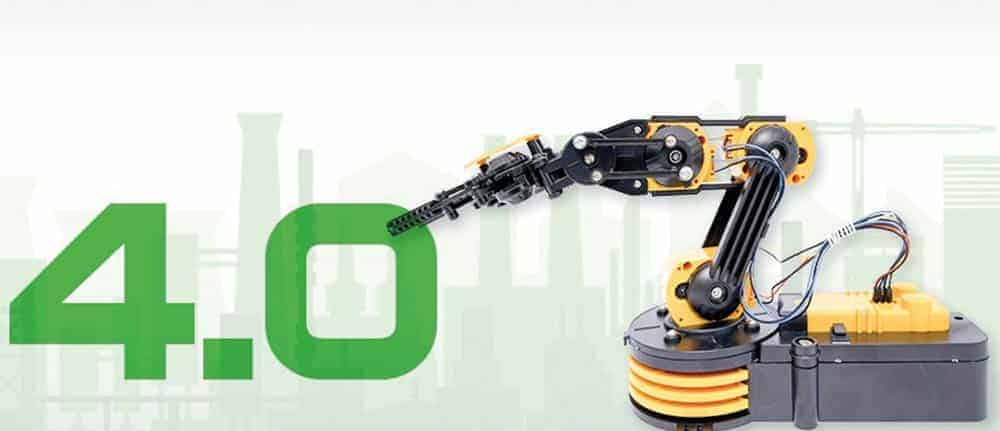IoT lays the foundation for the Intelligent Enterprise


The Internet has moved in permanently: into things, into households, into the global economic cycle. And vice versa: Things have also become part of the Internet, they communicate with it and can be controlled via the Internet.
Unlike AI or blockchain, for example, the IoT is already fully deployable in production and is rightly celebrating a veritable triumphant advance in its use in industry.
In assessing what is in store for us with digitization, everyone should by now agree with the statement that digitization will significantly change both the way we work and the way we should design business processes and business models.
If you think about digitization from the end, you further come to the conclusion: Everything that can be digitized will be digitized - and soon.
Most companies are therefore already focusing on IoT when developing their digitization strategies. But what does this mean in concrete terms in the business environment?
Every machine, every plant, every component, every container, every means of transport and every product will be digitized in the future, which means that data will be both delivered and received.
This operational data is obtained along the entire supply chain and used to make it ever more flexible, faster and more efficient. But it is not only the data of one's own supply chain that is of value; rather, it is worthwhile to dare to look beyond one's own company and to include the processes in connection with the suppliers and the customers in the considerations.
The uninterrupted digitized exchange of information across company boundaries takes into account the entire extended supply chain of a manufacturing process, including raw material purchasing and delivery, and provides even more opportunities.
This means that the use of IoT has already reached a new level of quality: because along the extended supply chain there is further potential for using IoT to accelerate the flow of information, to use information to control the process flow or to react automatically to events.
For example, fill levels of containers at the customer's site can be used to optimize production planning or trigger replenishment orders; concrete information about production processes or malfunctions can trigger maintenance orders or special quality checks; status reports about incoming or delayed deliveries help to increase the customer's benefit and give the customer the opportunity to optimize processes in turn.
The technical possibilities for networking data - in the form of sensors, actuators, small computers, GPS or mobile radio modules - are continuously becoming cheaper and more powerful. And on the side of modern IT architectures, an integration of these devices is becoming more and more convenient.
With an SAP ERP system - whether ECC or already S/4 Hana and the SAP Plant Connector or the SAP Cloud Platform - the scenarios described can be realized to the greatest possible extent in the standard, both on-premises and cloud-based, without costly developments.
With regard to data-driven business processes, another aspect is already increasingly coming into focus: In the future, it will no longer be sufficient to collect and use only the operational data of the business processes.
Customer experience is the buzzword of the day, and it will be a question of including data from the customer journey in the information pool for managing and improving business processes, services and products, and making use of it.
And that means it won't just come down to IoT alone: If we succeed in combining the Internet of Things with other technologies such as artificial intelligence or machine learning, the way is clear to make processes or entire companies intelligent. The Internet of Things is thus the foundation of the Intelligent Enterprise.







